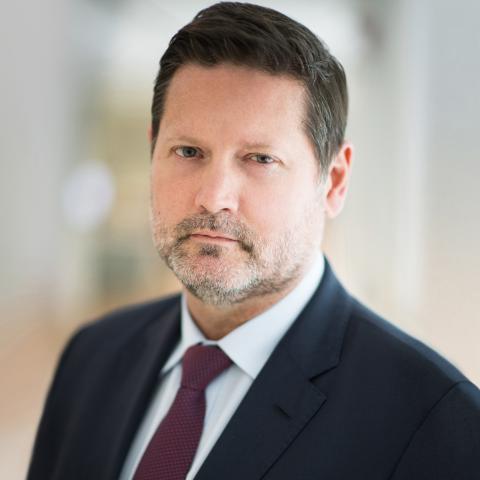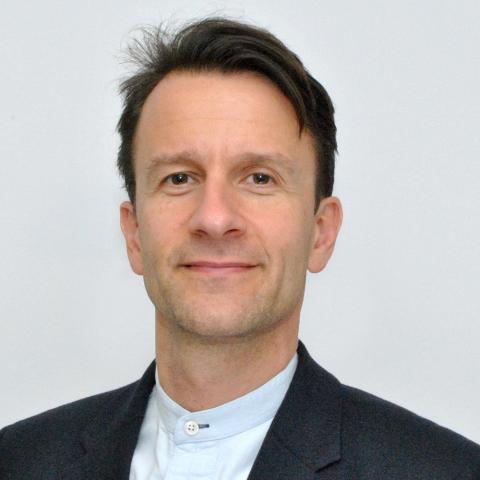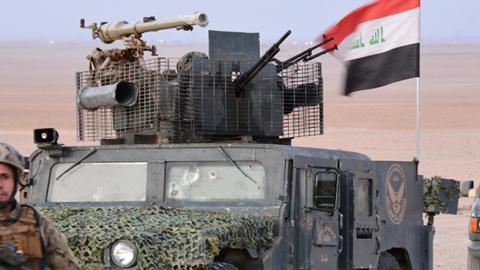Introduction
Iraq has militarily defeated the terrorist organization ISIS. This is the good news, which was also underlined at the recent Global Coalition to Defeat ISIS meeting in Kuwait on 13 February 2018 held in conjunction with the Kuwaiti Reconstruction Conference for Iraq.
Yet the task ahead is as daunting as any military campaign. Now Iraq needs to rebuild and to heal its communities to foster an inclusive national identity. Challenges remain, from funding continuing stabilization efforts to the even larger resources needed for reconstruction over the coming years.
According to announcements made at the Iraqi reconstruction conference in Kuwait, donors have pledged a decent amount, around $30 billion, although $88 billion was touted as the desired amount by the Iraqi Government. The Gulf countries and Turkey are becoming new large donors. The private sector also showed significant interest, although corruption is still a major concern, which the Iraqi government seeks to address.
Continued stabilization is making it possible and desirable for internally displaced persons (IDPs) to return to their homes. Over 3 million Iraqis have returned, but more await in camps or temporary accommodations.
Equally important is reconciliation. The UN is working with the Iraqi government to implement this at the national level. Baghdad and Erbil should pursue continued dialogue and concrete steps forward, including on the thorny issue of Kirkuk, in accordance with the Iraqi Constitution. Inclusiveness for Sunnis is important, both during reconstruction and before and after elections, as their disenfranchisement helped produce fertile soil for ISIS. Yet reconciliation should not be only top-down, and local community efforts undertaken by Iraqi civil society organizations are essential. Reconstruction funding should be tied to government reforms and more importantly, to tangible progress on reconciliation and political accommodation efforts.
A novel aspect of the conference was the US administration’s new approach to burden-sharing in the aftermath of the ISIS presence in Iraq. President Trump wants to build infrastructure at home in the US and has tweeted dismissively about the $7 trillion the US has already spent in the Middle East. The United States will not disburse public funding for reconstruction, which is seen as nation-building, although it remains among the top contributors to humanitarian and stabilization assistance and will provide loans to private companies. Yet even such investments could pose additional risk for American companies because of sanctions against Iran, whose economic presence is felt in several important sectors.
Instead, the US encouraged international institutions and others to step up, and Saudi Arabia, for example, contributed $1.5 billion. Leading up to the conference, the US facilitated a diplomatic reconciliation process between Iraq and Saudi Arabia for outstanding debts owed to Riyadh.
The conference also gave Prime Minister Haider al Abadi a strong platform for brandishing his vision of a united Iraq, although some areas, particularly in the Sunni parts of the country, still feel excluded from reconstruction planning. Still, it is an open question whether that positive vision is enough to bring him another governing coalition following the Iraqi parliamentary elections in May. The continued presence of American military forces is increasingly a topic of contention in the elections.


















